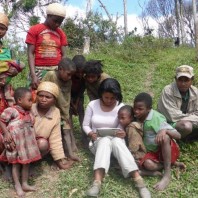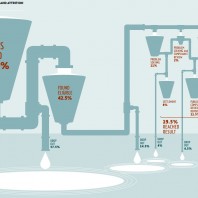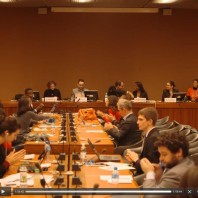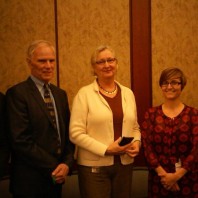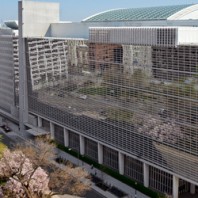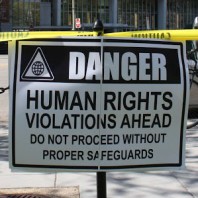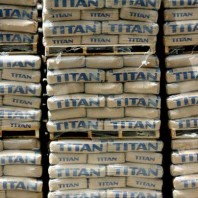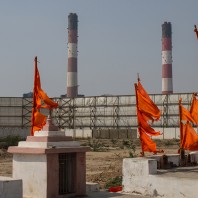New research from p4ges project and the UK ecosystem services for poverty alleviation programme: Livelihood projects designed to compensate for the local costs of conservation may not be reaching the right people A team of researchers from the University of Antananarivo in Madagascar and Bangor University in the UK have found that REDD+ social safeguards do not …
The World Bank Group is currently rolling out their new Country Engagement Approach, moving towards engagement based on rigorous analysis and the inclusion of citizens as active stakeholders. As input to this process, civil society groups who work to monitor and engage with the World Bank recently presented recommendations to the Bank as it refines …
Report finds development banks fail people harmed by their projects: Civil society calls on banks to strengthen their complaint mechanisms to provide remedy A new report launched today by several BIC partners documents the hurdles communities and workers face in obtaining remedy from development banks whose projects cause them harm. Glass Half Full? The State …
During the 4th Annual UN Forum on Business and Human Rights in Geneva from November 16-19, 2015, BIC’s Maggie Federici participated in a panel entitled Development Finance Institutions: Human Rights Obligations and the Right to Remedy. Development finance institutions (DFIs) have a mandate to alleviate poverty and promote sustainable development. But, in many cases, projects funded by …
On September 30th, the Tom Lantos Human Rights Commission held a hearing at the United States Congress on international financial institutions (IFIs) and human rights, chaired by Congressman Jim McGovern. Witnesses included BIC’s Nezir Sinani from Kosovo, Milton Sanchez from Peru, and Obang Metho from Ethiopia, who testified on the human rights impacts of World …
On August 4, 2015 the World Bank publicly released the second draft of its Environmental and Social Framework (ESF), thus initiating Phase 3 of the safeguards review. The ESF contains the safeguard policies designed to protect communities and the environment in World Bank investment projects. The effectiveness of the World Bank’s new safeguards is compromised by several …
PRESS RELEASE Dangerous Rollback in Environmental and Social Protections World Bank’s New Framework Undermines President Kim’s Commitment to “No Dilution” (Washington, August 4, 2015) The World Bank has released new draft safeguard policies[i] that will vastly weaken protections for affected communities and the environment at the same time as the bank intends to finance more …
Egyptian rights groups, community members, and laborers impacted by a hazardous cement plant financed by the International Finance Corporation (IFC) filed a complaint on April 8, 2015 with the body’s independent grievance mechanism. The grievance mechanism, called the Compliance Advisor Ombudsman, or CAO, has now deemed the complaint eligible to move through the grievance process. …
Despite the political situation in Iraq, civil society groups seem adamant on continuing their legitimate fight for sound accountability mechanisms in the country. This is especially true with the run up to the implementation of the 2008 law on decentralization that will transfer the responsibility of services delivery to the provinces, and the resulting need …
Fishing communities and farmers from India filed suit against the International Finance Corporation (IFC) in federal court in Washington, D.C. The plaintiffs allege that the IFC caused the loss of their livelihoods, destroyed their lands and water, and created threats to their health by funding the Tata Mundra coal-fired power plant in Gujarat, India.

